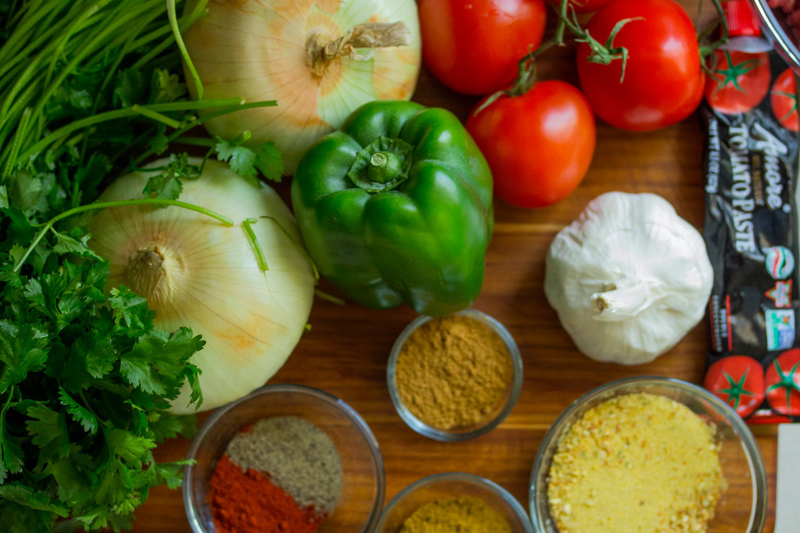The Mediterranean Diet

For a healthier lifestyle eat the Italian way.
In scientific studies the people living in Mediterranean countries have been found to have amazingly low rates of heart disease, certain types of cancer, and live longer. Their diets include a higher intake of fat than Americans. These studies have reinforced the idea of quality rather than quantity.
The diet typical throughout Italy features fruits, nuts, vegetables, whole grains, beans, lentils, and other legumes. There is a balance of fish, poultry, and red meat in the diet. Many meals feature no meat at all. While butter and cream aren't absent from recipes, the primary source of fat is olive oil.
The New England Journal of Medicine published the results of a study involving 22,043 adults in Greece. The results were that the closer one adheres to a Mediterranean diet the longer the life span, with lower mortality rates from heart disease and cancer.
Olive oil can be described as the golden elixir of life in the Mediterranean diet. There is a much higher consumption of olive oil and olives in Mediterranean countries. Studies have shown the mono unsaturated fat in olive oil is considered to be the healthiest type of general fat. Mono unsaturated fat is believed to lower bad cholesterol and may assist in reducing heart disease. Olive oil provides essential fatty acids for healthy skin and the development of body cells. It is also believed to offer protection against certain cancers, such as breast cancer and colon cancer. Olive oil is a good source of vitamin E, the anti-oxidant vitamin which is usually in short supply in American diets.
For delicious recipes and cooking tips see the subject listing on the left side of the Italian Food homepage. There are also related links below.
You Should Also Read:
Diet Books Reviewed
About Olive Oil
Vegetarian Recipes

Related Articles
Editor's Picks Articles
Top Ten Articles
Previous Features
Site Map
Content copyright © 2023 by Paula Laurita. All rights reserved.
This content was written by Paula Laurita. If you wish to use this content in any manner, you need written permission. Contact Cinzia Aversa for details.



